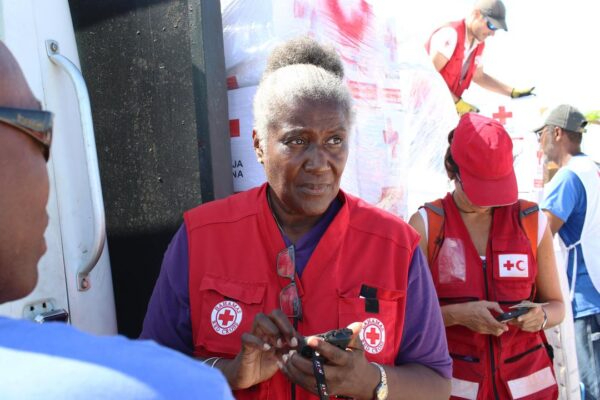SONATAnotes
Cancel That Flight: How NGOs Can Stop “Training Tourism”

For many NGOs, the standard training model is to fly people across continents and oceans to attend workshops, often with the hope that participants will pass the knowledge along to their colleagues back home.
Suggesting that organizations replace these meetings with online and/or local training sessions can elicit strong reactions: “People appreciate the human connection!” “It’s easier to focus when we’re in the same room!” “Online doesn’t work in most countries!”
Yet these responses ignore some inconvenient truths about the status quo, namely:
So what can organizations do to stop “training tourism”?

Emil Heidkamp is the founder and senior learning strategist at Sonata Learning. He works with NGOs, corporations and government agencies to implement training and knowledge management initiatives impacting thousands of learners in over 50 countries.





